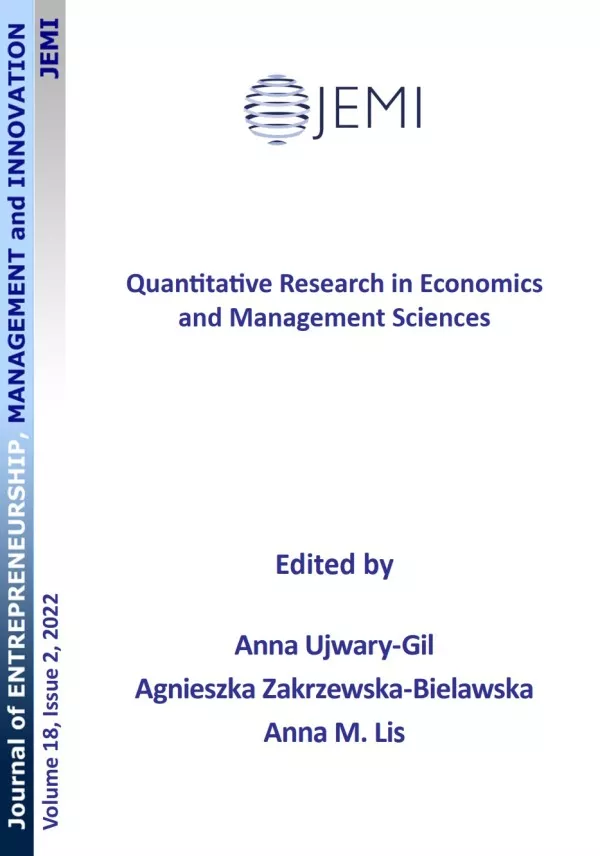Employee retention through effective human resource management practices in Maldives: Mediation effects of compensation and rewards system
Employee retention through effective human resource management practices in Maldives: Mediation effects of compensation and rewards system
Author(s): Zubair HassanSubject(s): Social Sciences, Economy
Published by: Fundacja Upowszechniająca Wiedzę i Naukę "Cognitione"
Keywords: employee retention; rewards; compensation; training; career development; performance appraisal; human resource management;HRM;
Summary/Abstract: PURPOSE: The purpose of this study is to examine the effects of human resource management (HRM) practices on employee retention mediated by reward and compensation. Also, this study has examined the moderating role of performance appraisal, and training and development on the relationship between HRM practices and employee retention. METHODOLOGY: A sample of 250 respondents among the employees working in the retail sector in Capital City of Maldives was selected using the random probability sampling technique. A structured questionnaire was distributed, and data was collected. Structural equation modeling analysis was carried out to examine the causal effect of HRM practices on employee retention. FINDINGS: The results showed that reward and compensation (R&C) practices had significant and positive effects on employee retention. However, the study found no significant effect of career development, training and development, and performance appraisal on employee retention. In terms of mediating effects, R&C had significantly positive mediating effects on the relationship between training and development (T&D) and employee retention as well as on the relationship between performance appraisal and employee retention. However, there were no moderating effects between performance appraisal as well as T&D and employee retention. Therefore, it was concluded that increasing the positive perception towards HRM practices, particularly R&C practices in the retail sector of Maldives, causes an increase in employee retention (ER). Also, it was concluded that HRM practices such as R&C mediate the relationship between Training and Development (T&D) and Employee Retention along with the relationship between Performance Appraisal (PA) and ER. This means, indirectly PA and T&D can increase ER in the retail sector of Maldives. Similarly, we conclude that there is no moderating effect of PA and T&D in the relationship between HRM practices and ER. The overall conclusion is that R&C has a partial mediating effect on the relationship between HRM practices and ER. IMPLICATIONS: This study contributes to the current knowledge of HRM by confirming that reward and compensation is a key determinant and a significant mediator for employee retention. This study contributes to developing new knowledge in the theoretical domains of HRM practices. In particular, the findings of the study strengthen Hertzberg‘s Two-Factor theory by confirming that career growth opportunities, advancement and salary significantly determine employee retention. This showed that both motivators and hygiene factors are crucial in retaining employees. In practice, the findings also enable managers to make new organizational and HRM policy decisions on improving and enhancing employee retention. This study can be useful for organizational management to formulate effective reward and compensation policies. This study signifies the importance of training and development and performance appraisal by linking these with reward and compensation practices. ORIGINALITY AND VALUE: This could be one of the pioneering studies carried out in the retail sector of Maldives by examining the four constructs of human resource management practices to shed light on how retail sector business organizations in Maldives make decisions on improving employee retention. Furthermore, the current study indicated that reward and compensation have full mediating effects on the relationship between employee retention and training and development as well as performance appraisal. This filled the existing research gaps by adding value to the existing literature. Moreover, the current study adds practical values by confirming that reward and compensation should be emphasized to retain employees through other human resource management practices in the retail sector of Maldives.
Journal: Journal of Entrepreneurship, Management and Innovation
- Issue Year: 18/2022
- Issue No: 2
- Page Range: 137-174
- Page Count: 38
- Language: English

